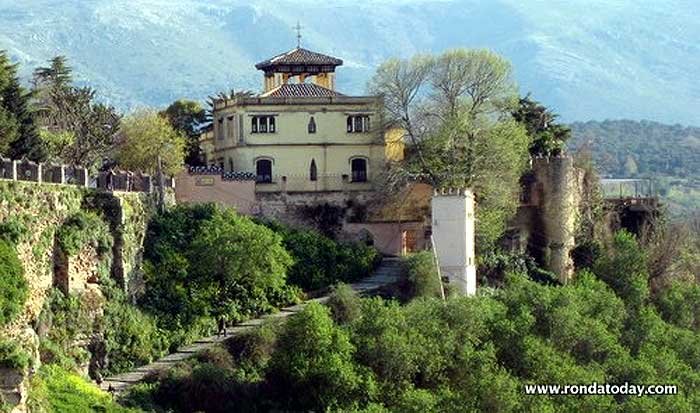Do I have to carry my identification documents when out and about in Spain? This is a question that Ronda Today gets asked all the time amongst foreign nationals visiting and living in Spain. The short answer is YES!
Every country has its own rules, and of course there is overriding EU law that needs to be considered as well.
So, do I have to carry my identification documents when out and about in Spain? The short answer is yes you do! Read on to find out why…
I’ve been living in this lovely area of Western Andalucia for the last 20 years or so and dedicate most of my time to the running of English language tourist information websites for the towns of Cádiz, Ronda, Grazalema, the famous or infamous Caminito del Rey, and also Wildside Holidays, which promotes sustainable and eco-friendly businesses running wildlife and walking holidays in Spain. My articles contain affiliate links that will help you reserve a hotel, bus, train or activity in the area. You don’t pay more, but by using them you do support this website. Thankyou!



